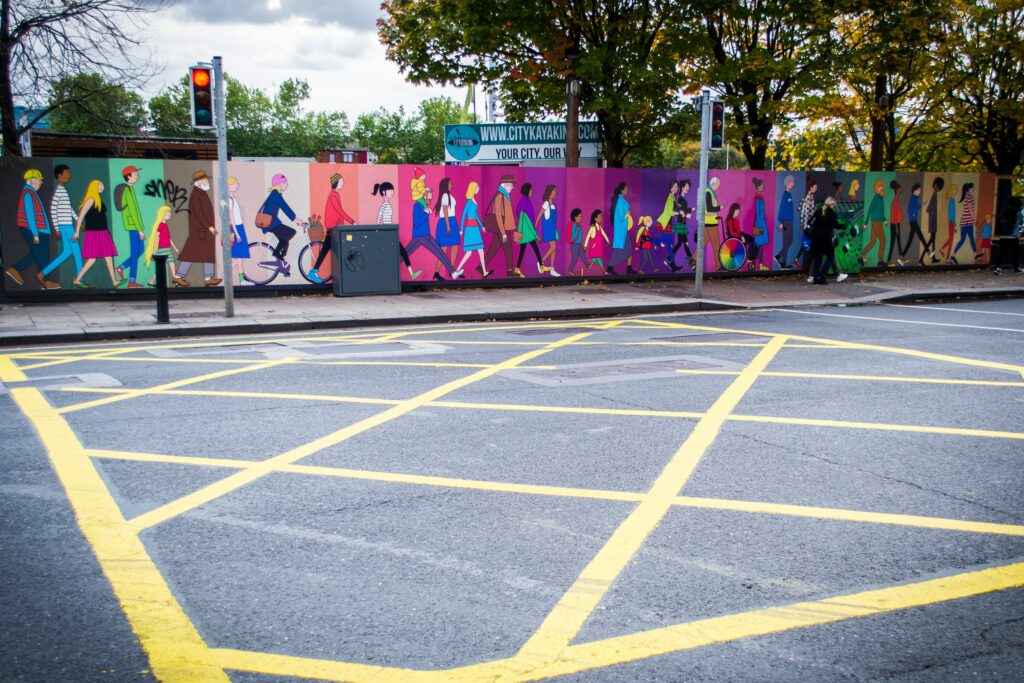“To provide pupils with knowledge, skills, and understanding to prepare them to play a full and active part in society.” (Citizenship Programme of Study)
Key Stage 3
Students are taught about:
- the development of the political system of democratic government in the United Kingdom, including the roles of citizens, Parliament and the monarch
- the operation of Parliament, including voting and elections, and the role of political parties
- the precious liberties enjoyed by the citizens of the United Kingdom
- the nature of rules and laws and the justice system, including the role of the police and the operation of courts and tribunals
- the roles played by public institutions and voluntary groups in society, and the ways in which citizens work together to improve their communities, including opportunities to participate in school-based activities
- the functions and uses of money, the importance and practice of budgeting, and managing risk.
Key Stage 4
Students are taught about:
- parliamentary democracy and the key elements of the constitution of the United Kingdom, including the power of government, the role of citizens and Parliament in holding those in power to account, and the different roles of the executive, legislature and judiciary and a free press
- the different electoral systems used in and beyond the United Kingdom and actions citizens can take in democratic and electoral processes to influence decisions locally, nationally and beyond
- other systems and forms of government, both democratic and non-democratic, beyond the United Kingdom
- local, regional and international governance and the United Kingdom’s relations with the rest of Europe, the Commonwealth, the United Nations and the wider world
- human rights and international law
- the legal system in the UK, different sources of law and how the law helps society deal with complex problems
- diverse national, regional, religious and ethnic identities in the United Kingdom and the need for mutual respect and understanding
- the different ways in which a citizen can contribute to the improvement of his or her community, to include the opportunity to participate actively in community volunteering, as well as other forms of responsible activity
- income and expenditure, credit and debt, insurance, savings and pensions, financial products and services, and how public money is raised and spent.

